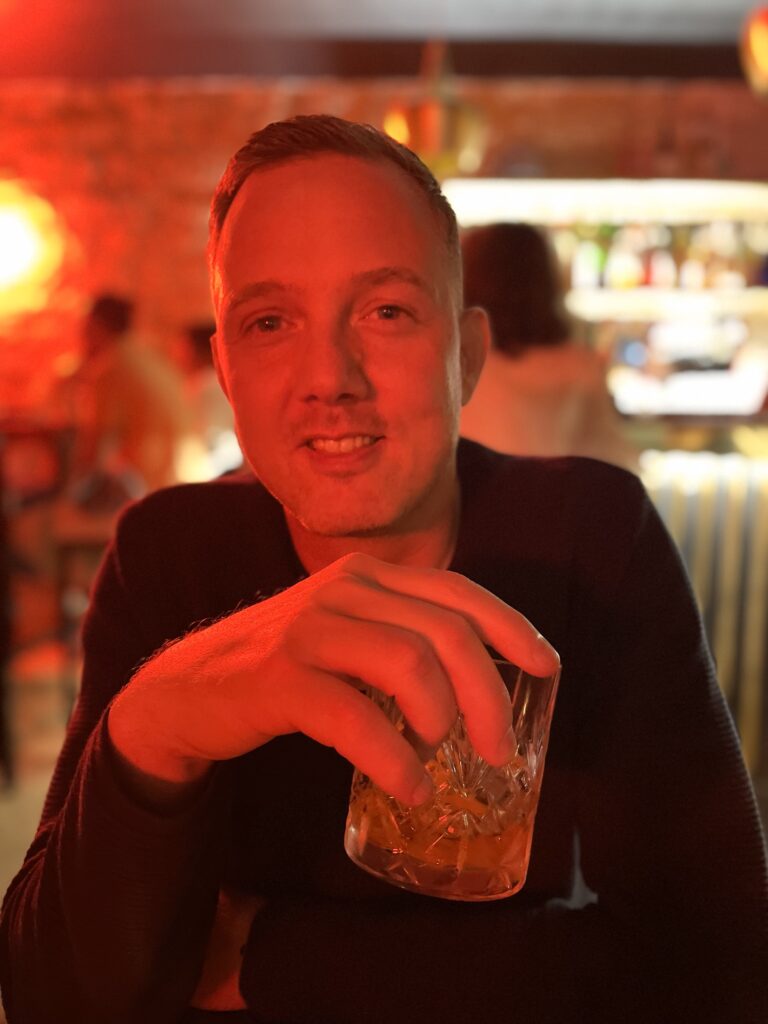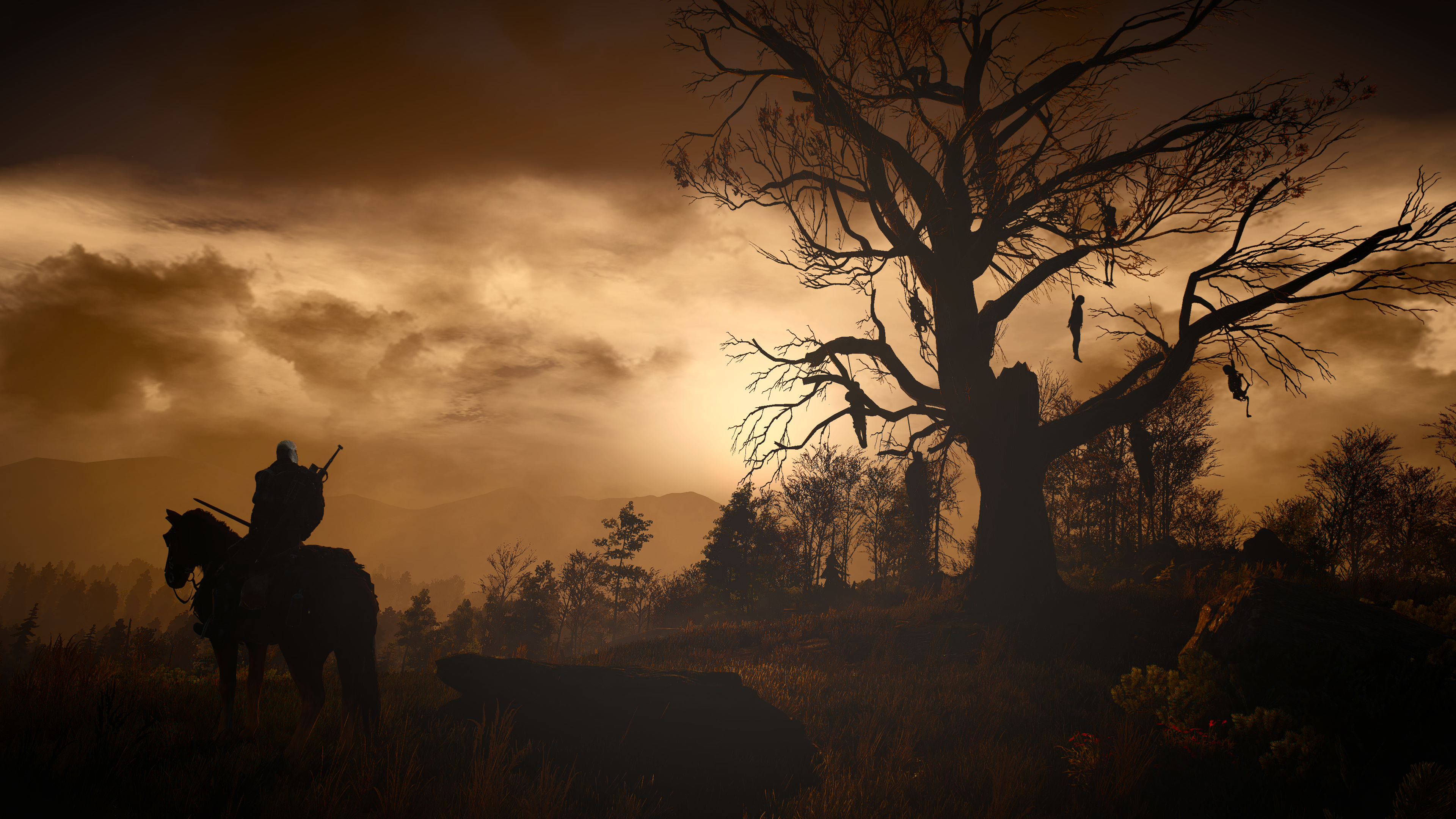Last August, Joasia and I had a great trip to Paris. It had been a very long time since I had been there, and it had been even longer for Joasia. The city was fantastic, the people were wonderful, and the food was amazing. We went to D’Orsay, which is my favourite museum, did one wing of the Louvre, and made it out to Versailles. We dined in an old wagon of the Orient Express, were serenaded by opera singers, had a wonderful Reuben sandwich from a Jewish deli, saw cemeteries and the catacombs, and much more. I was sad about the Notre-Dame, which had been a highlight of previous trips, but the rest of the trip more than made up for it.
Joasia took a nice photo of me while we were having a drink at a cocktail bar on the first evening.

